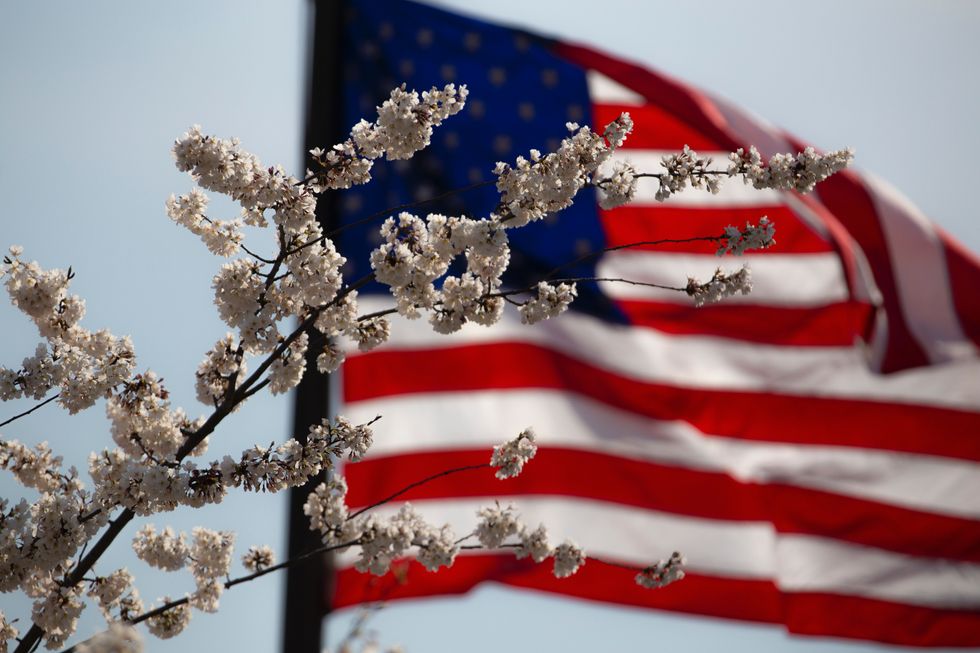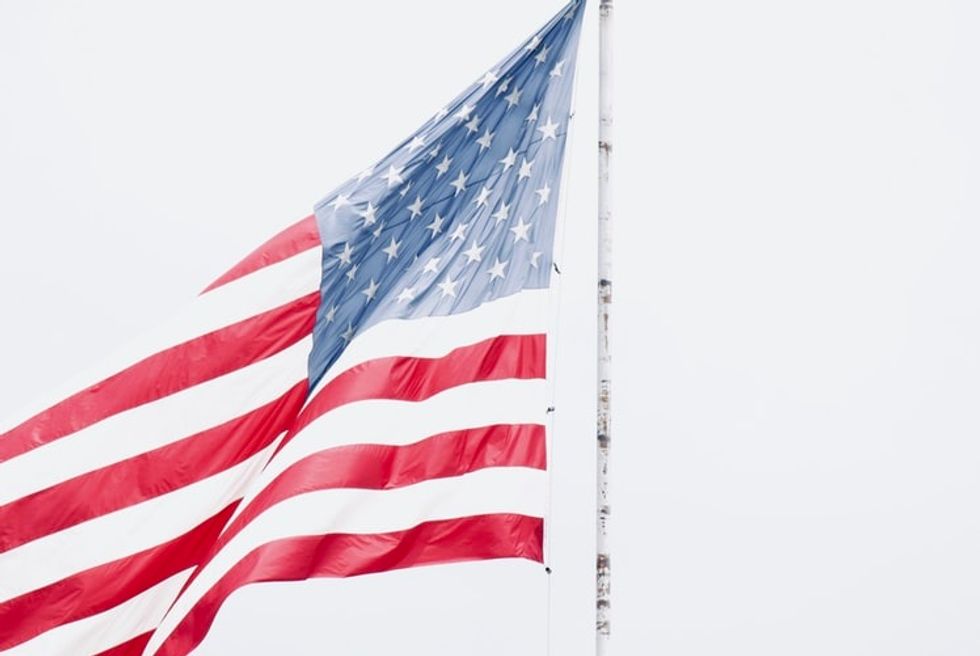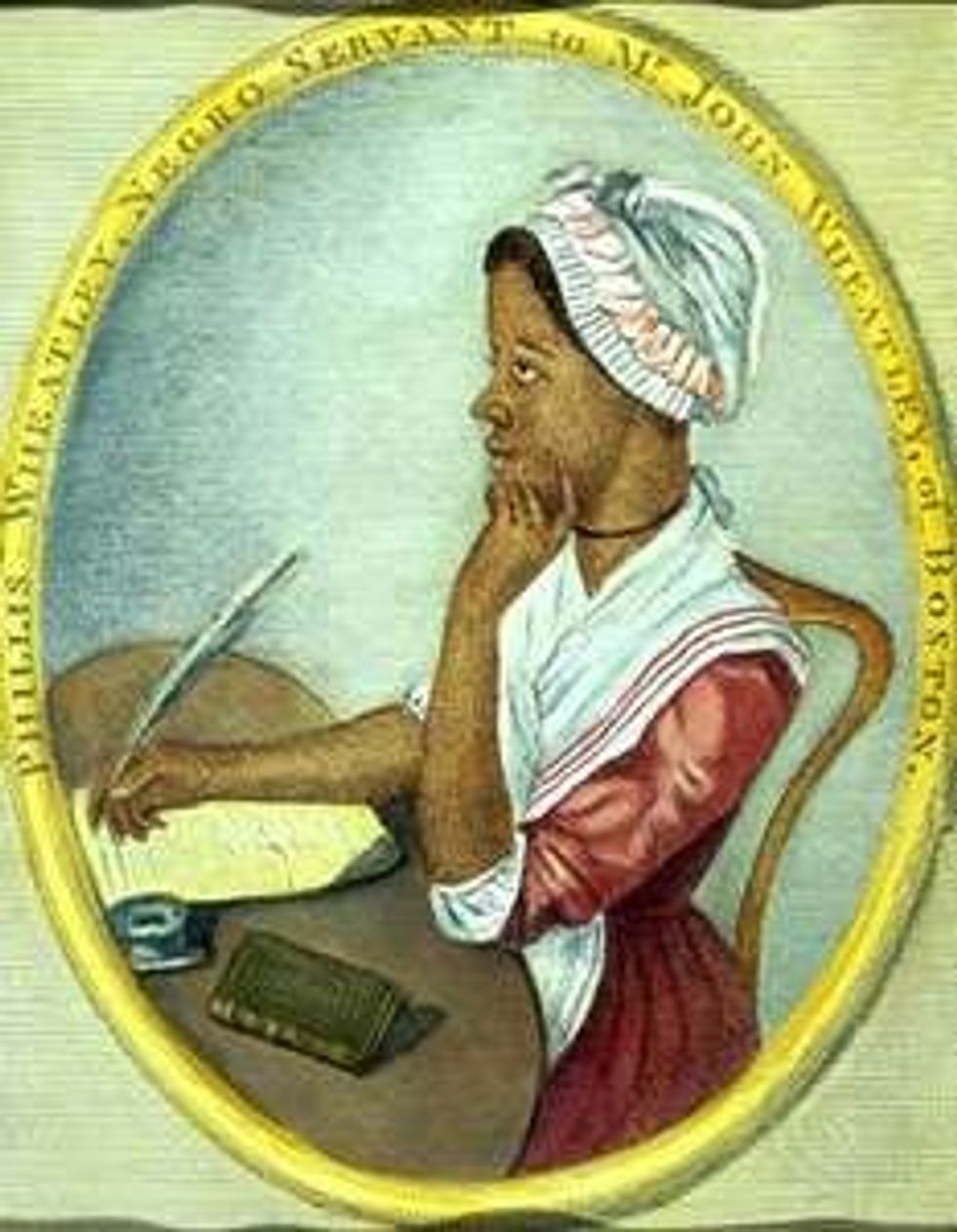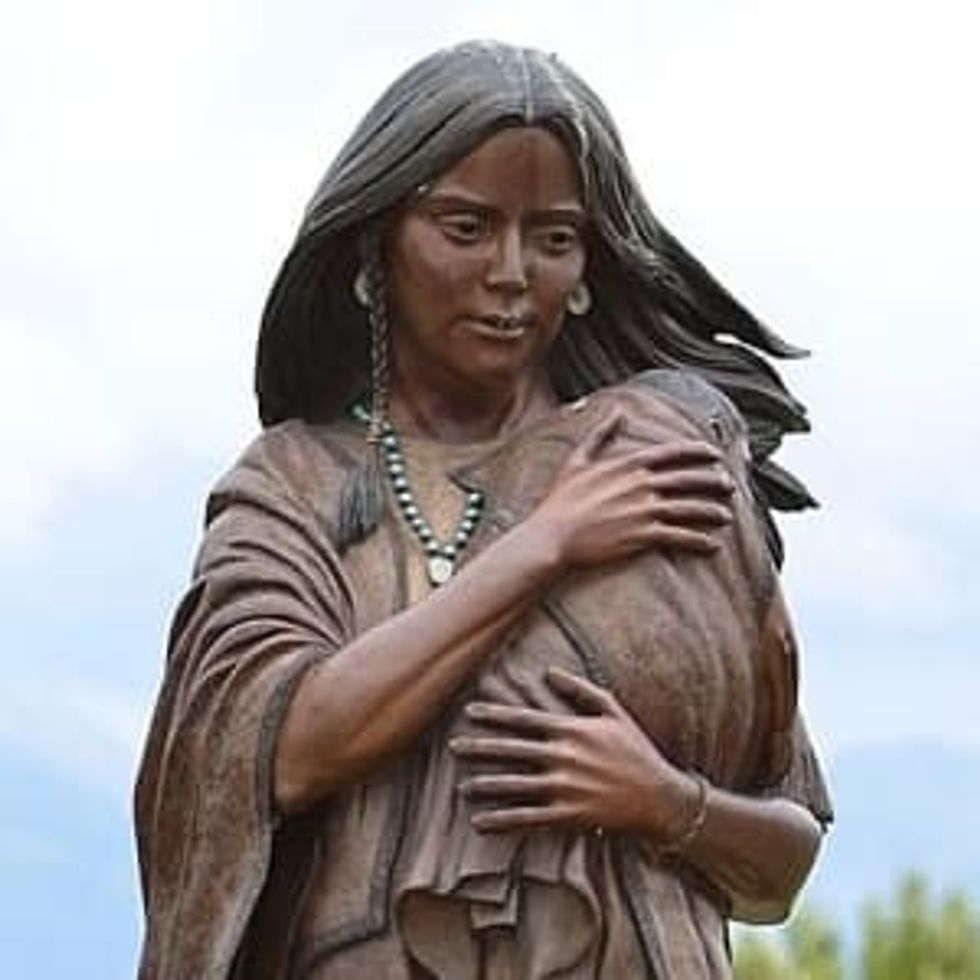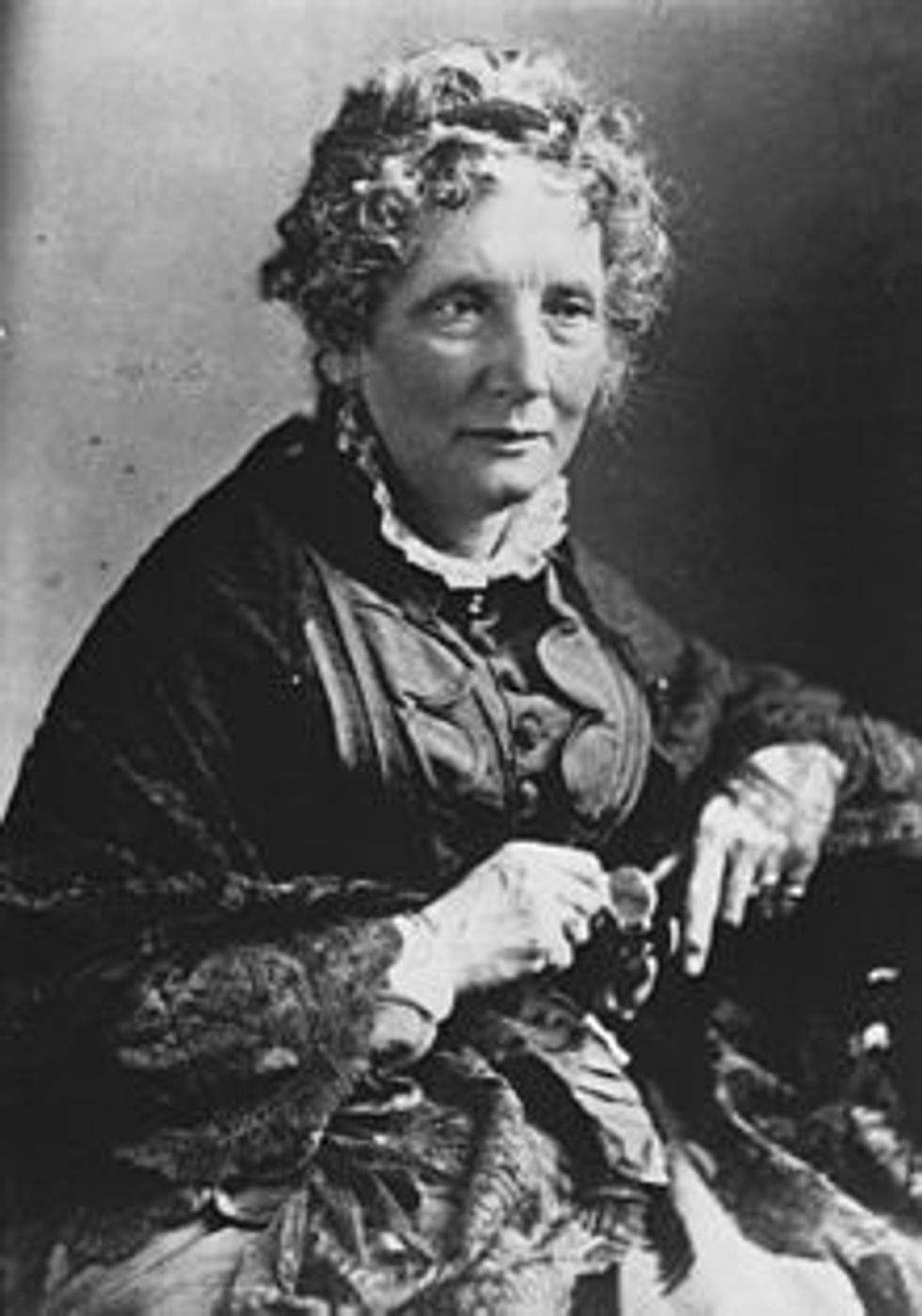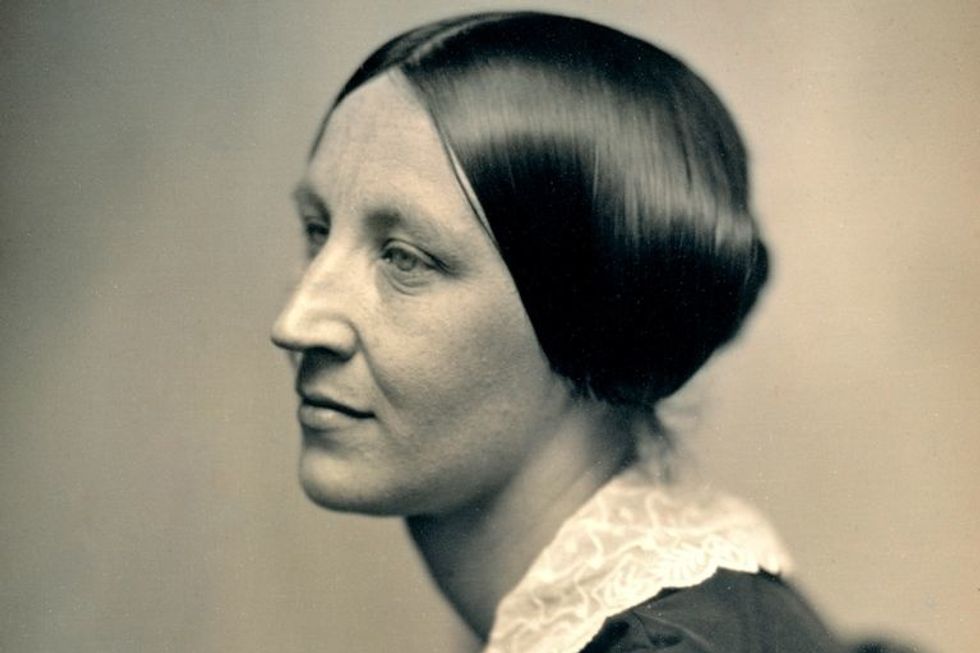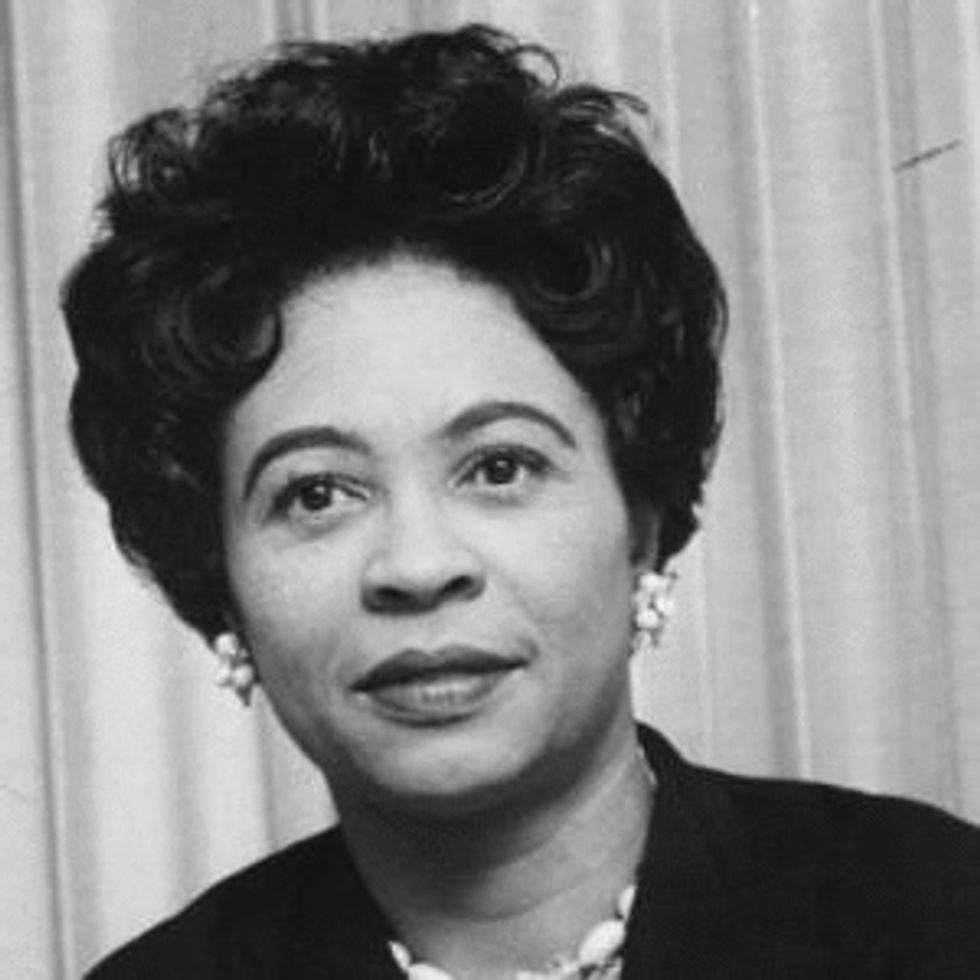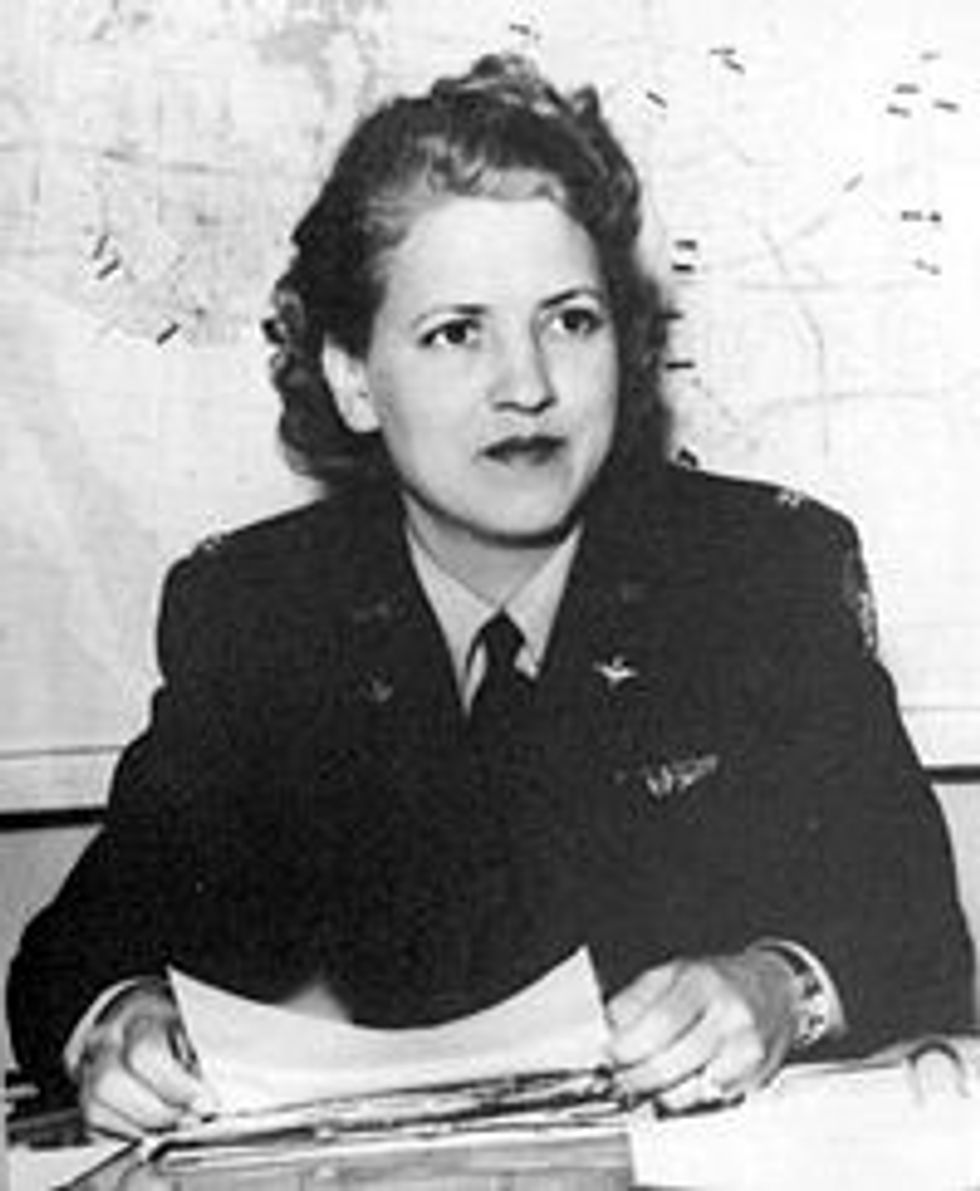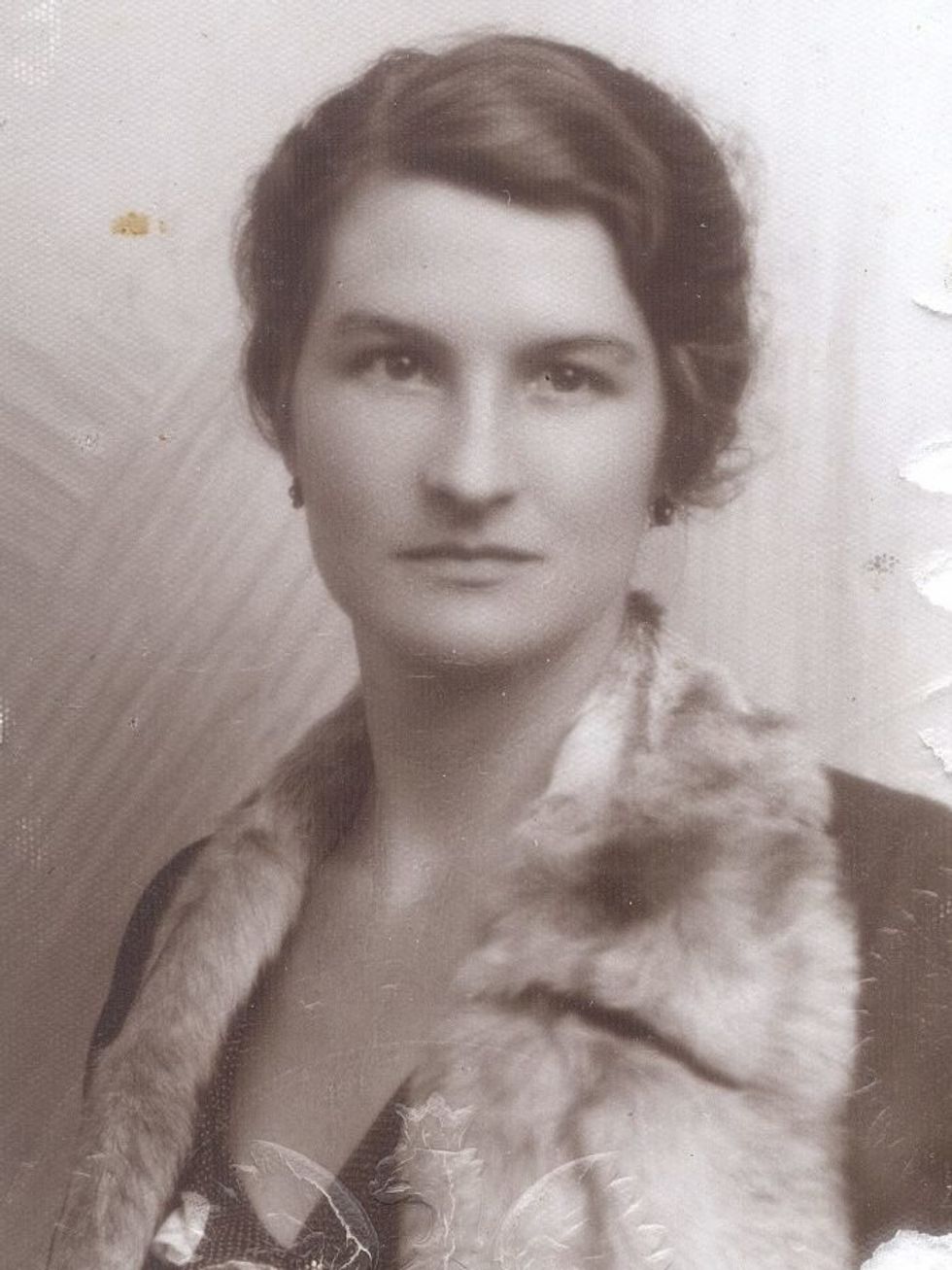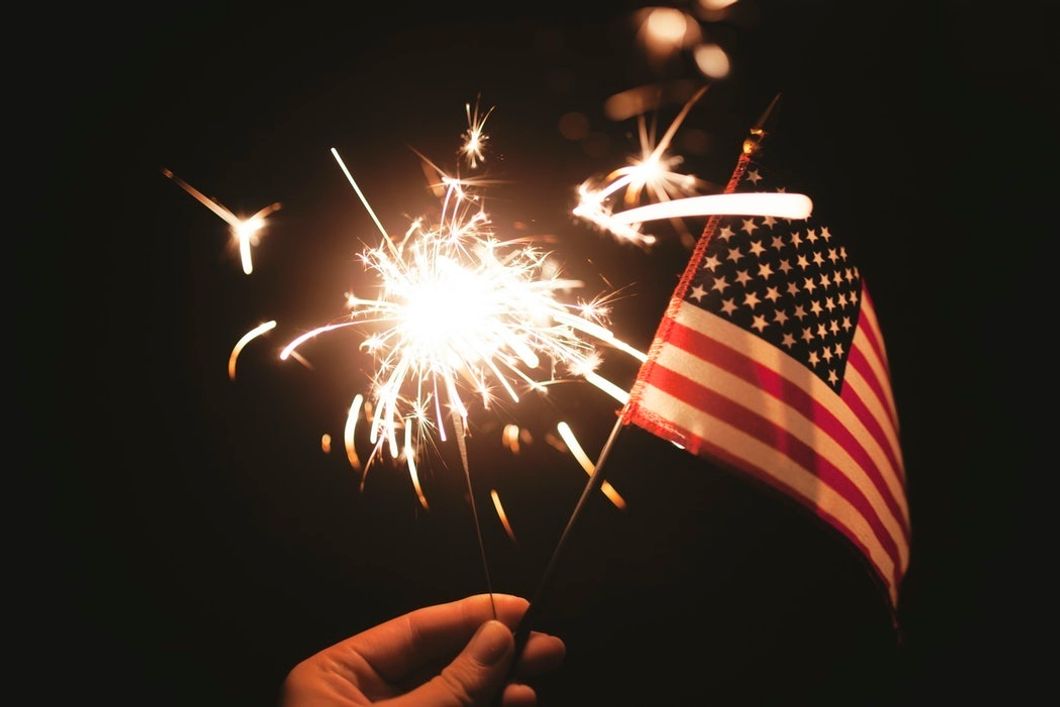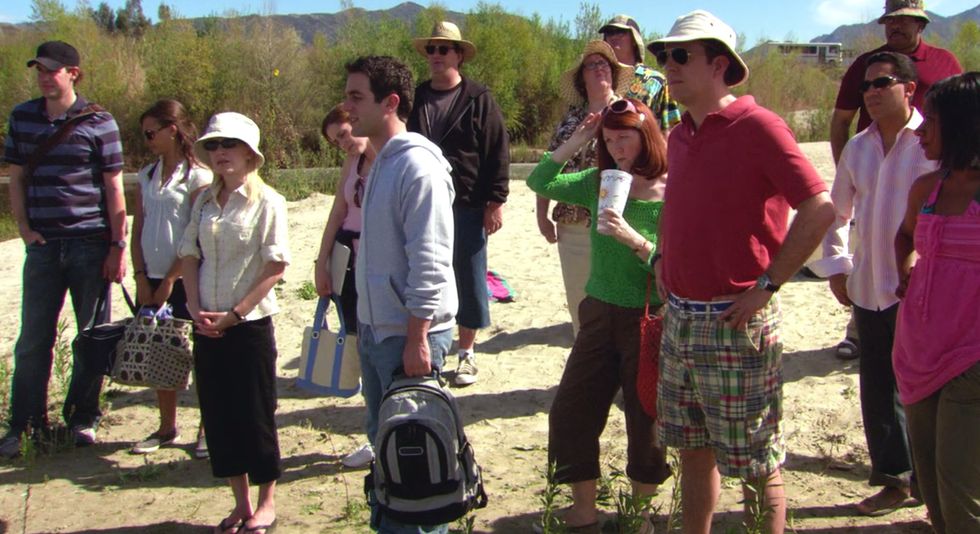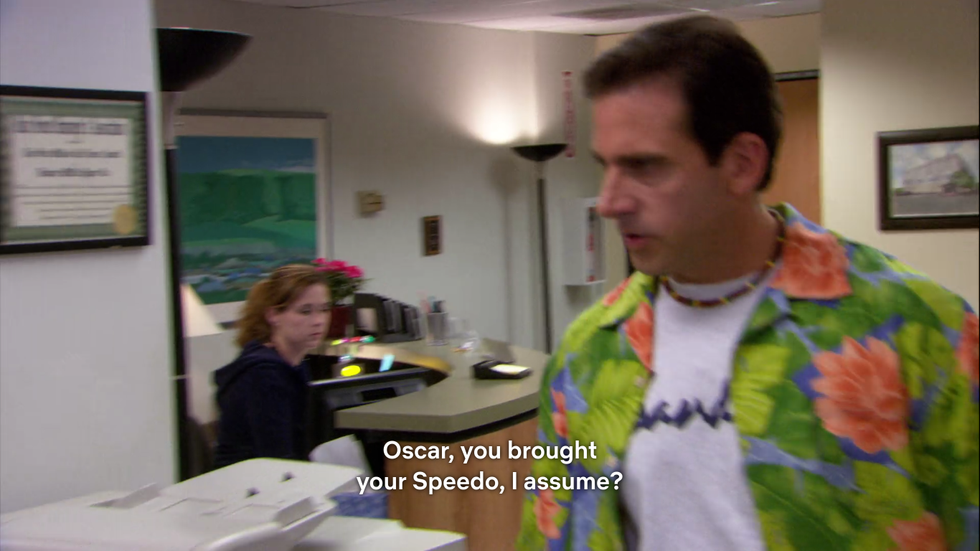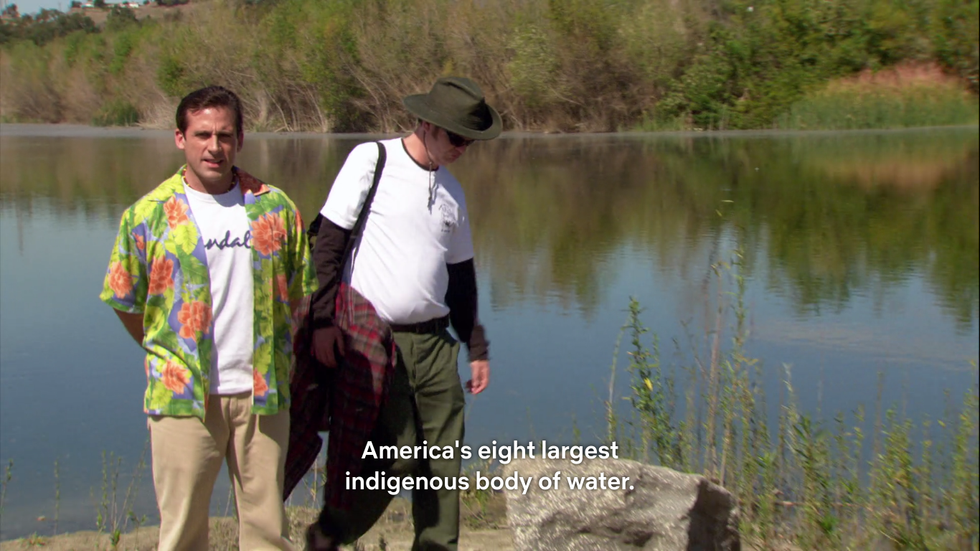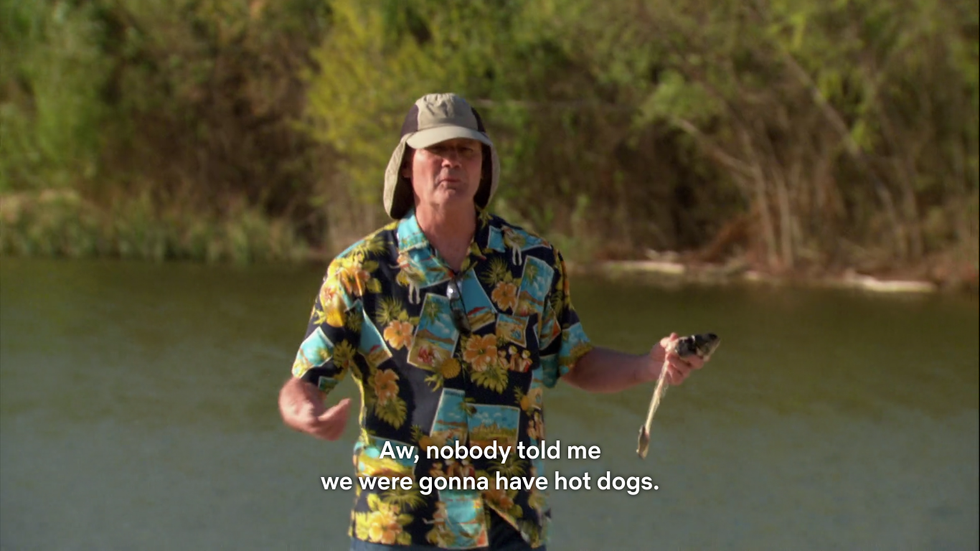Remembering the Chaos of War This 4th of July
The United States has laid a complicated legacy with the Vietnam War and all conflicts that have followed.
Wars are a messy, complicated business.
It's that exact crux of war, not only it's complex moral nature, but its political component as well, that I've been reflecting on as of late. Namely, I'm recalling a conversation amongst friends in which the Tim O'Brien classic, The Things They Carried, was made reference too in conjunction with the unjust nature of the Vietnam War.
As the son of a veteran of the Vietnam War, that particular characterization has always stuck with me.
I've wrestled with it and turned it over in my head. I've chewed on it. I've slept on it. And nothing seems to break through for me.
The Things They Carried is clear (thematically). The popular discourse is clear. A great many Americans see the Vietnam War as an unjust, violent conflict that tore the country asunder.
And yet, as all wars, I think the story is much more complicated than that.
There's no denying the terror of the war. The terror inflicted upon countless Vietnamese and upon plenty of American GIs as well. O'Brien illustrates that in excruciating detail.
But the presence of American force in Vietnam in the 1960s cannot be attributed to nefarious political imperialism alone, despite what many politicians would love to think. The attribution of domino theory in combating communism during the Cold War may not have proven to bear a great deal of fruit (in the modern day Vietnam is the only politically communist country in Southeast Asia) but that does not mean the lives of the Vietnamese living in both the south and the north was not impacted by an already brewing conflict.
Visiting Vietnam 13 months ago was a moving experience that helped make dramatically clear a great number of details about the war, supplementing what information I had pieced together from school history books and personal conversations. And while I don't speak with authority for anyone but myself, I'll do my best to reflect accurately all that I experienced.
Namely, for the Vietnamese the conflict of the Vietnam War (or the American War as they term it) is one painful chapter in a much larger moving history of violent struggle, most of which does not involve the United States. While the atrocities committed during battle are painful ones, the shift of the geopolitical sphere since the conclusion of the war has brought Vietnam much closer to America as an ally than it ever was in the 1960s. With the Chinese attempting to grow their influence in the South China Sea, especially in territory that is internationally recognized as being owned by the Vietnamese, the greatest amounts of prejudice and hostility that I saw expressed on the streets of Hanoi or Hue was not toward me in my identity as an American, but towards neighboring China.
The last war that Vietnam ever fought was with China after all, not the United States. The Vietnamese have fought near countless wars in their history with the Chinese, dating as far back as 218 BCE. Even the very name of the country "Vietnam" is an attribution likely of Chinese origin, a combination of the name for the Viet people and the suffix "nam," or the Chinese term for "south."
Translated quite literally, "Vietnam" is so named "the tribe of the south." South of China.
Wrapped in the ignominy of a war that should have clearly been fought differently, history books give credence to the thought that not only was there large support for nationwide democratic processes to be implemented (such is the nature of the Vietnam War as a civil war) many of these supporters were anti-communists themselves, not merely puppets of the United States government.
Unfortunately, the abuses and meddling of the American government in propping up the regime of South Vietnamese President Ngo Dinh Diem, who went on to severely alienate large parts of the Army of the Republic of Vietnam (ARVN) and the country's Buddhist majority, shifted aims and destabilized the war. And of course, the success of North Vietnam's guerilla tactics, without any similar answer from the South resulted in massive losses that even the most advanced military could not compete with.
And when South Vietnam finally did succumb to the North in 1975, the political repercussions were great. Although the violence committed against South Vietnamese sympathizers, it might be argued, was not on as massive a scale as similar Russian or Chinese purges, it was still grotesque in nature. Thousands of ARVN and ARVN-affiliated Vietnamese were killed or "reeducated." Of the 90,000 Vietnamese who were at work in the American embassy in Saigon, only about 22,000 were evacuated at the fall of the country. Many others were hunted down and executed.
Divisions and strife between the north and south still exist in the country today, though they are in much larger part subdued through the lens of history and the still ruling Communist Party of Vietnam. Still, while April 30th is mandated as "Reunification Day" within Vietnam, in the diaspora communities it is remembered as "Black April," a time of lamentation for a country and a national dream lost to the abyss of war.
Such a complicated story has taken me some 1,000 words to tell and much, much more could be written. Much has. It's that exact multitude of words that riles my mind when people say a simple six, "the Vietnam War was unjust."
Wars are a messy, complicated business. This 4th of July, I'm leaning in to the chaos of that reality; I'm doing my best to find the right words and tune out the partisan bicker.

